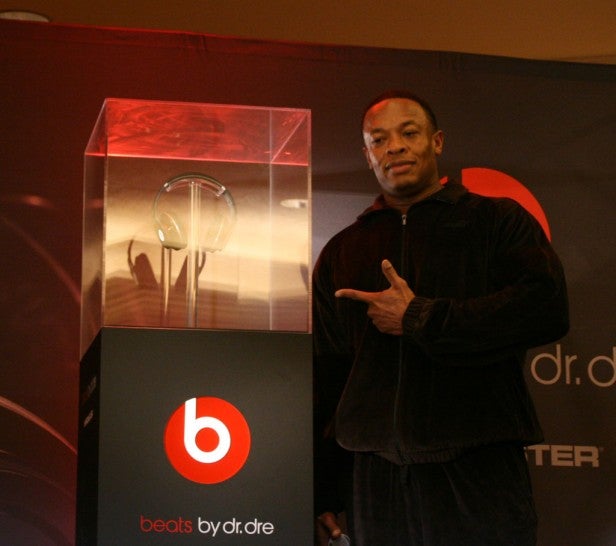Is It The End of the Gadget Gold Rush?

For a number of years now technology has been outstripping customer need. In the past if you wanted to run the next version of Windows you had to upgrade your computer, but this trend has been reversed. Windows 7 requires less horsepower than Vista and Windows 8 will require less than Windows 7. Rather than crippling your old beige box or clunky laptop new OSes bring them back to life and the move to Cloud computing will extend their shelf lives even further. 
Likewise all modern smartphones are brisk. They send and receive email, let us use social networks, direct us from place to place, take good photos, play our music and video, let us search the Internet and – on a good day – make phone calls. When the iPhone 4S was greeted with jeers for being an evolutionary rather than revolutionary upgrade it was further endorsement of the staying power of the iPhone 4. Look to the open market of Android and there are similar problems and that is with CES 2012 just around the corner the dual core handsets announced at CES 2011 still haven’t reached their full potential. Time was signing a 12 or 24 month phone contract was a death sentence, but try explaining that to the iPhone 3GS users whose model will still be on sale when their two year contracts expire.
Try as they might, tech manufacturers also can’t stop their creations from cannibalising one another. Smartphones can replace sat navs, compact cameras, MP3 players, PMPs, DAB radios and more while laptops are killing off desktops and tablets will deem laptops unnecessary to casual consumers. There are always benefits to dedicated products, but technology has advanced to a crucial point: it is “good enough” in the vast majority of cases to stave off the must have/absolutely need mentality. 
To combat this manufacturers currently have us living in a world of gimmicks. The best HDTVs must now have 3D and be smart, the best phones must have huge screens, the best laptops must have unibody aluminium designs, the best sat navs must have social networking and premium headphones must have celebrity endorsements.
This takes us back to the economy and a widely misunderstood aspect of downturns is they make people stop spending. For the tech sector this isn’t true, so-called ‘staycations’ see people invest more in home entertainment instead of blowing it on cinema trips, restaurant bills and holidays. Instead what downturns do is make people spend more wisely and it is this thought and research which is exposing tech’s biggest secret: most of the products you already own do everything you need…


